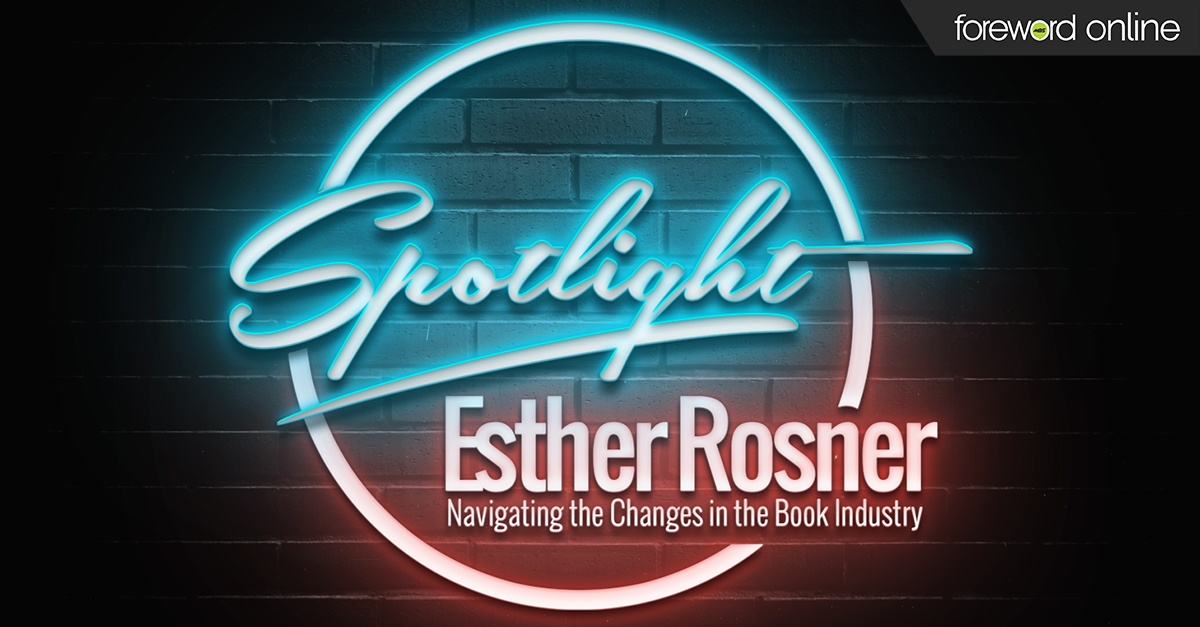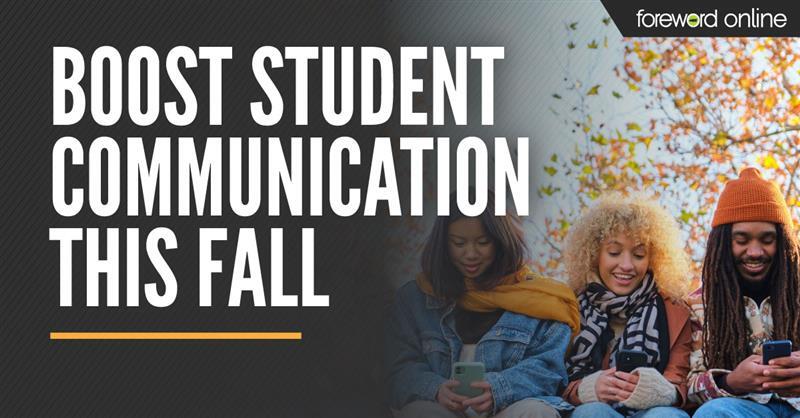Esther Rosner, MBS territory manager, began working for the company when it was located at the Paris Road location in Columbia, Missouri. Through the years, she has watched MBS grow and the book industry change. We sat down with Esther at the annual sales force meeting to hear about the evolution of the textbook industry and how stores continue to adapt to the industry changes.
 What was MBS like when you started?
What was MBS like when you started?
In many ways, totally different than today. MBS had less than 300 employees with no automation for picking orders which were placed via the toll-free order number, EZ Link, telex or by mail. I was fortunate to have been able to work in many departments through the early years learning our business firsthand from picking and packing orders to taking phone orders — which could span for hours — in order processing. The order would be printed then assigned for picking. Picking books involved climbing shelves, tossing books to a co-worker who placed the books on v-carts. In the old days, both ASAPs and bin & hold orders were picked right away. A physical wooden bin would be assigned to a customer and each daily rework was placed there. If a course was cancelled before cut-off, the books were pulled and reshelved. The order processing clerks would also take messages for the marketing reps and place them on bulletin boards so the rep(s) could call in for messages — no emails or texting back them.
With our smaller work family, we had company picnics as well as Book Olympics, Christmas parties, bowling leagues and baseball teams. When I worked in Human Resources, we pinched pennies to get the most bang for our budget. With help from my college roommate, we donated vegetable platters for the first company picnics and baked dozens of cookies for the Valentine’s Day blood drives. When the Barnes & Noble sisterhood took place there was an afternoon party for all employees — it was quite a celebration.
Want to hear more about MBS’ heritage? Watch our video here.
What have been the biggest changes for bookstores?
Technology and computerization, immediate access to inventory information, and automatic reworks of orders have been huge changes for bookstores. Additionally, the point of service. When I first started in the field, many stores were still using the card file system to track their textbooks. To obtain an order, it would require going in a store to help prepare booklists or get titles to prepare a quote.
MBS Text-Aid® certainly revolutionized the industry text departments. A computerized database brought professionalism to the buyback counter. We could provide daily reporting and audit trails for accuracy. Prior to computers, a buyback list almost had to be memorized before the start of the buy and a manual tally of purchases maintained.
The online application was a great timesaver, not only for the bookstores, but also for those who helped with setup and closeout of buybacks. Previously, setup for all buys in a territory could take a week or two ─going to stores, entering book lists then following up doing the closeout and reporting after the buy. With our online applications, it’s quite easy to assist with entering booklists, answering questions and running closeout reports.
How has online competition changed everything?
There is more competition in the industry, from traditional wholesalers to individuals selling via numerous online sites. It used to be if you needed textbooks, you went to the bookstore or traded with a friend because outside options weren’t readily available. Now, students visit the bookstore as a ‘showroom’ to confirm book information and then go online to make the purchase.
What are some things stores do to help stay viable and compete?
Stores offer price comparison tools to show that their prices are competitive; they are getting more involved on campus with both faculty and students. Many of my stores are doing more events like graduate fairs and pop-up stores around campus and events. They can’t just say, “Okay, I’m the store. You have to come to me.” They are going to where their customers are and looking at ways to better meet customer needs.
What advice would you give stores?
It’s like running a race: Challenge yourself to learn from another store larger than yours, brainstorm on ideas, find out what’s worked well on other campuses then tweak those ideas to work on your campus. You want to partner with someone at a level higher and push yourself. You need to know people who are movers and shakers in the industry so you aren’t held back. You can’t be complacent. The changes in the industry are the impetuses to challenge yourself to move forward.
Definitely get to know your systems person. They network and know what’s really working well for a variety of stores. Also, make sure you are communicating with your reps. MBS has a lot of resources and solutions that can help with numerous situations a bookstore might encounter.





